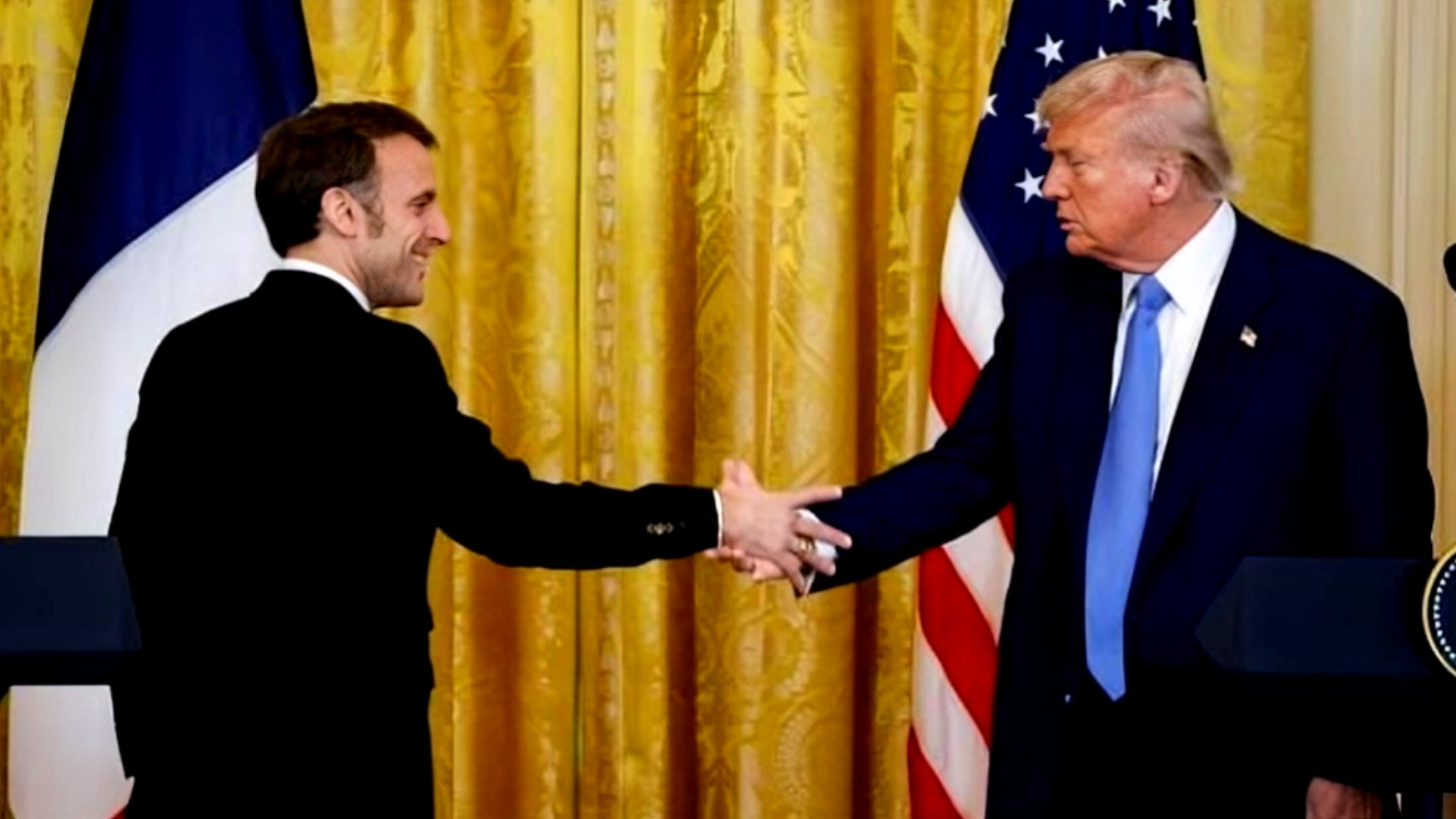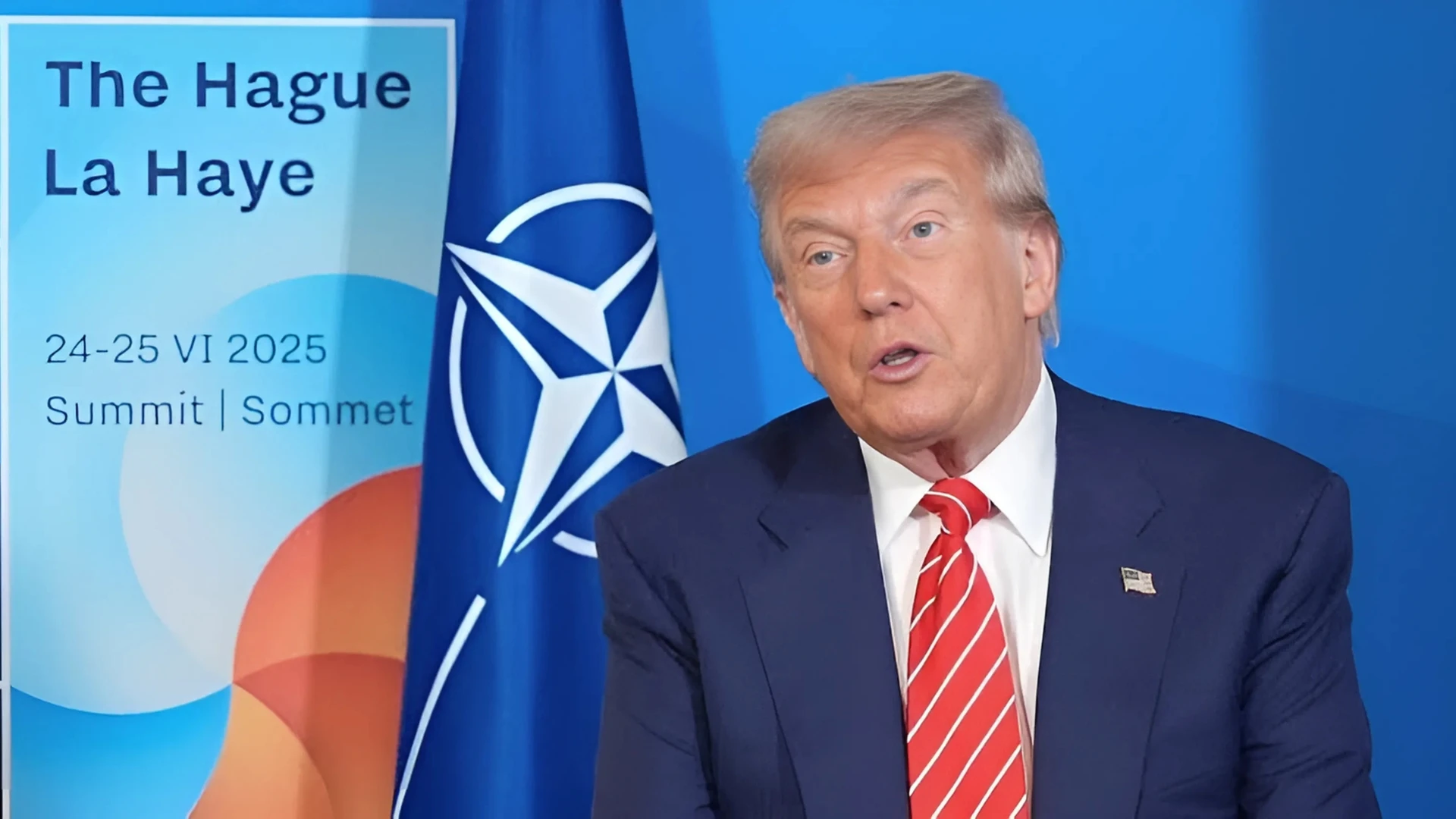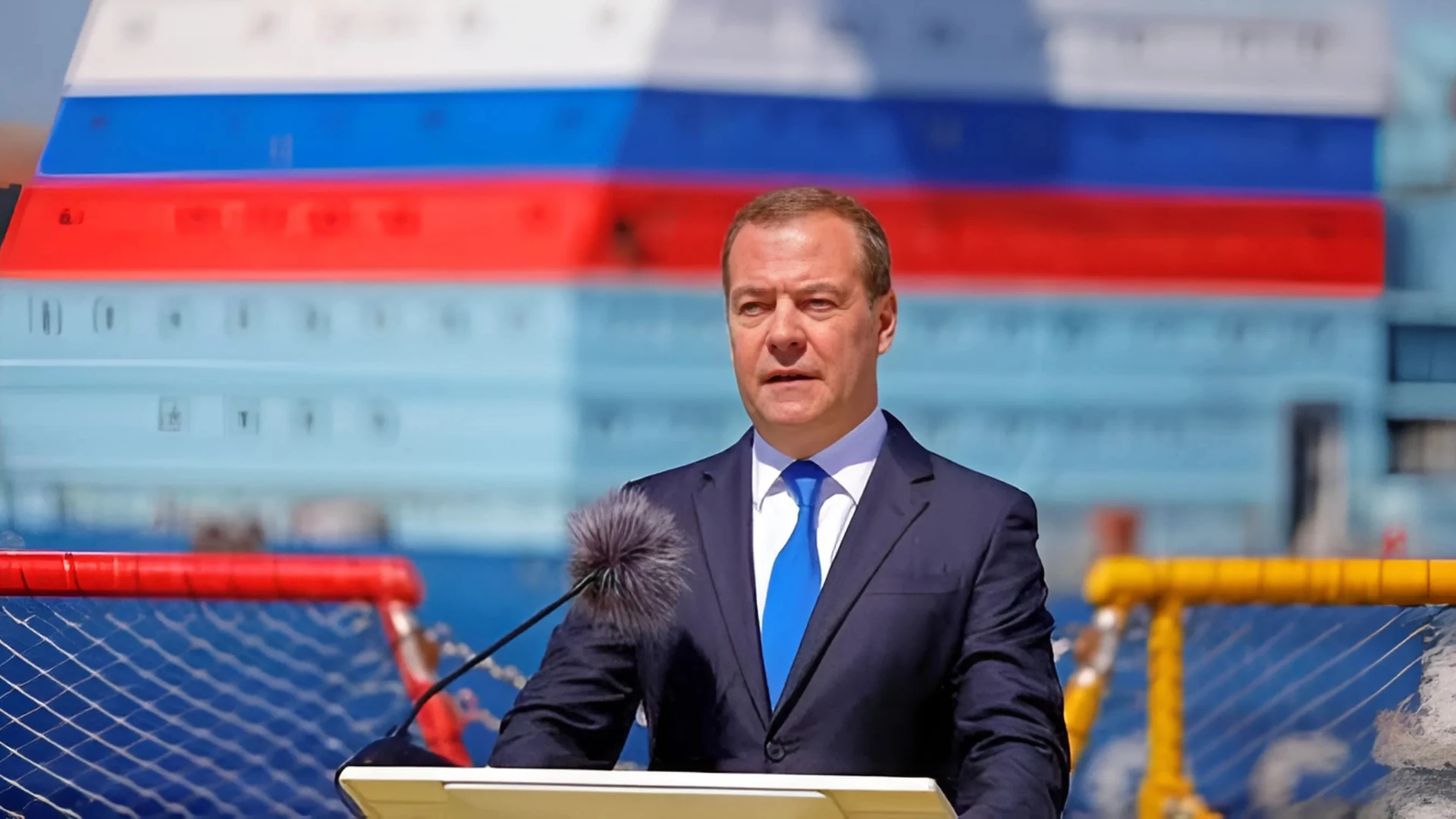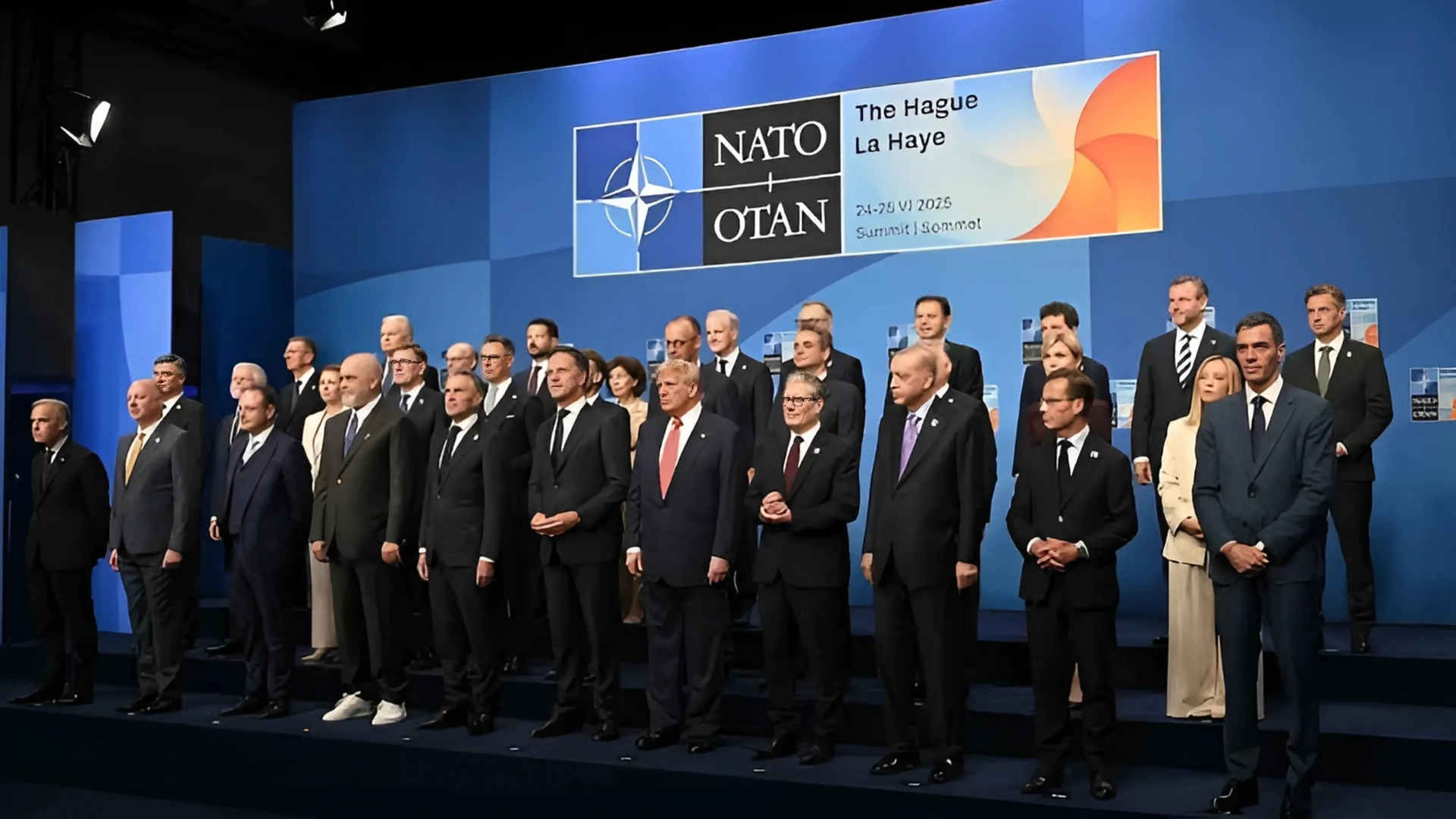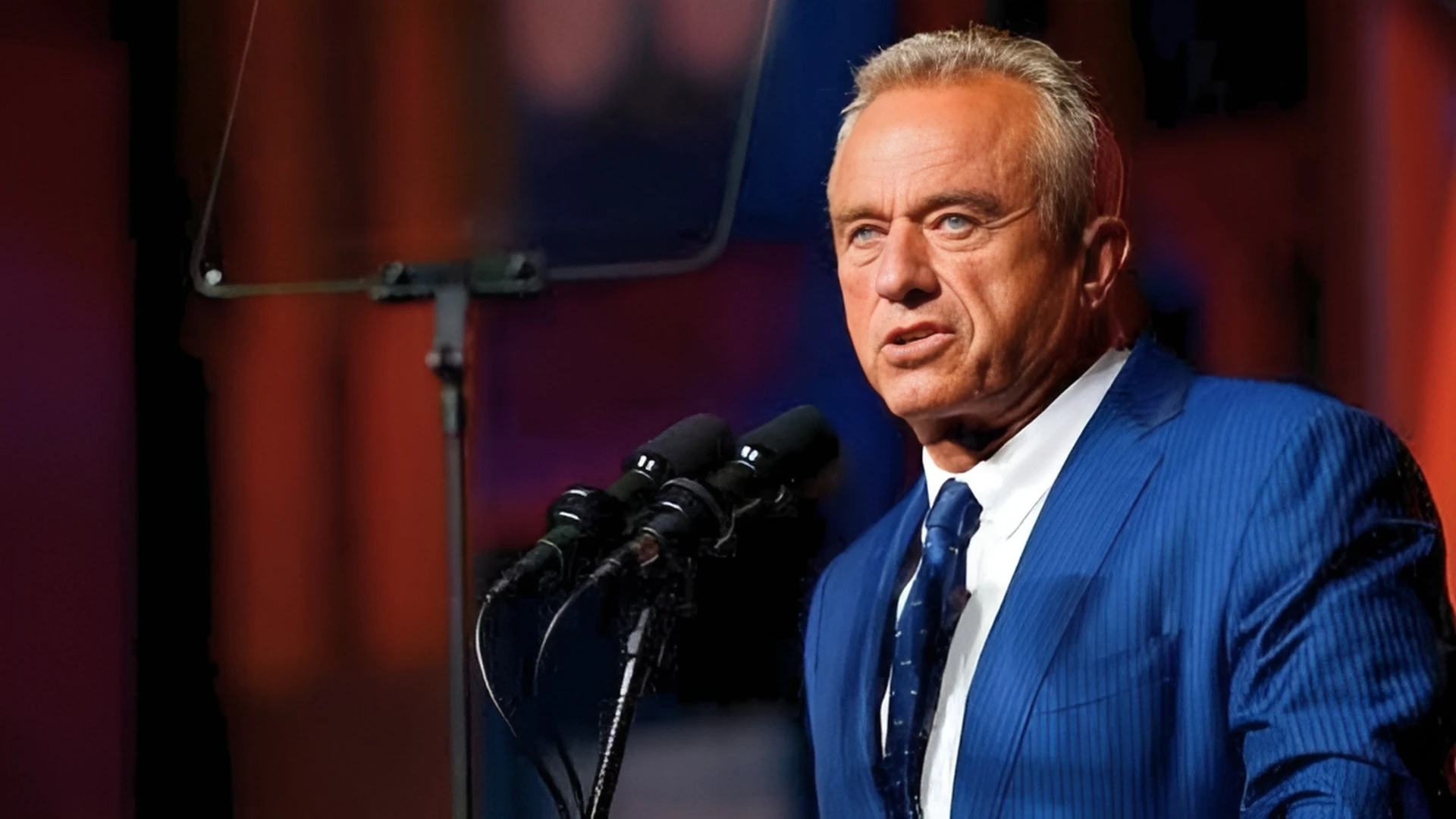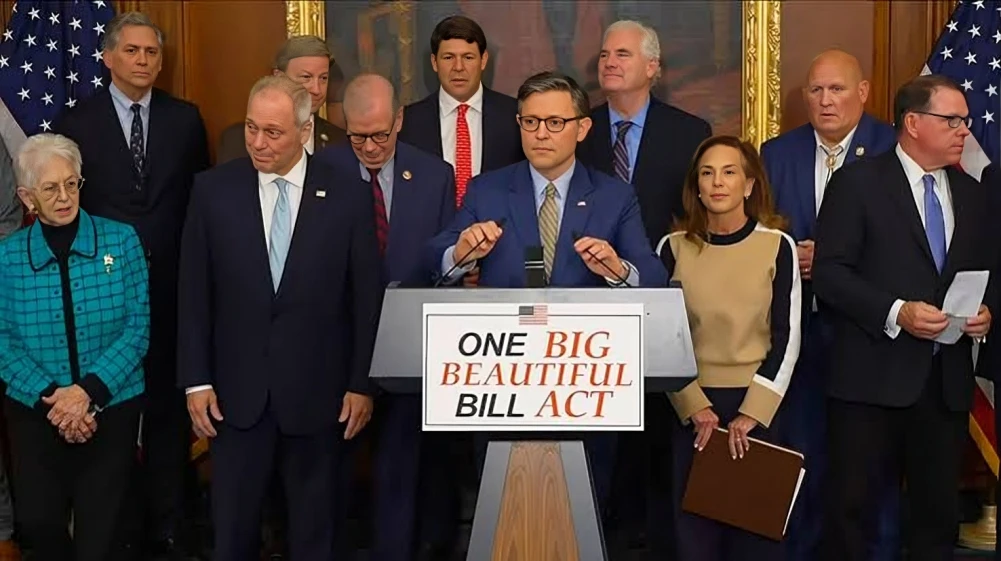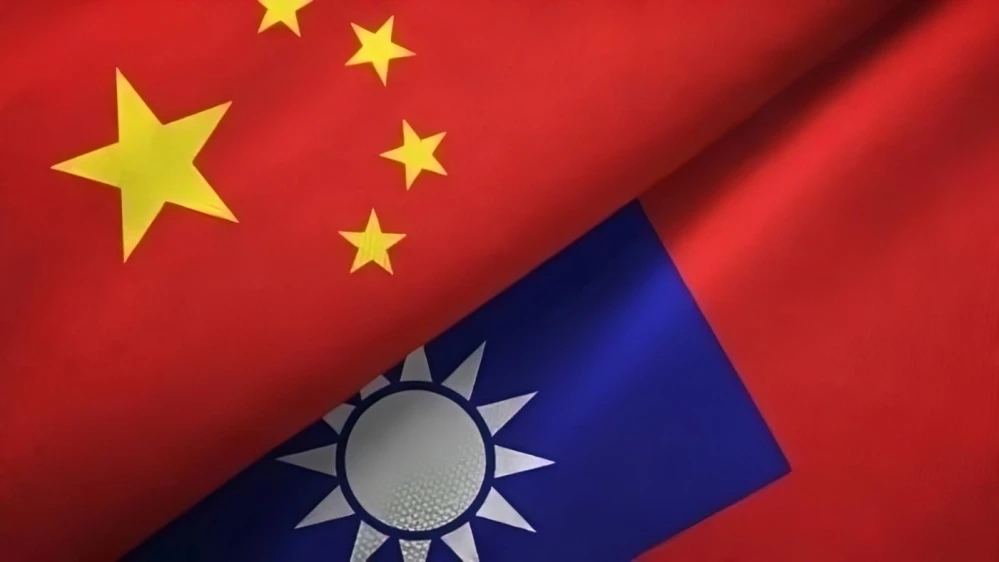Washington: In a significant development on the third anniversary of Russia’s full-scale invasion of Ukraine, U.S. President Donald Trump stated that Russian President Vladimir Putin would agree to the deployment of European peacekeeping forces in Ukraine as part of a broader effort to end the war.
Speaking alongside French President Emmanuel Macron at the White House, Trump told reporters that Putin was not seeking to escalate the conflict into a global war. “Yeah, he will accept it,” Trump said when asked about the possibility of European troops ensuring peace in Ukraine. “I have asked him that question. Look, if we do this deal, he’s not looking for World War.”
This apparent shift in Russia’s stance comes just days after Moscow’s ambassador to the UK, Andrey Vladimirovich, dismissed the idea of any foreign troops — including British forces — being stationed in Ukraine post-ceasefire. The change in tone has raised questions about what concessions or assurances may have led to Putin’s new position.
During a joint press conference following their meeting, Trump and Macron reaffirmed their commitment to ending the war and achieving lasting peace in Europe. “Our goal is to stop this terrible war, a war we haven’t seen on European soil since World War II,” Trump said. He also praised Macron’s willingness to take on more responsibility for securing peace in the region, emphasizing that Europe should bear the primary cost and burden of any stabilization efforts.
Macron confirmed that European peacekeeping troops would only be deployed once a long-term ceasefire between Russia and Ukraine had been negotiated and signed. These “assurance forces” would not take part in combat but would act as a stabilizing presence to ensure the terms of the agreement were respected. “These would be peaceful deployments, limited in scope but crucial for demonstrating solidarity and maintaining stability,” Macron explained. He added that several European and non-European allies had expressed readiness to contribute to this mission.
The French president stressed the importance of learning from past mistakes, recalling Russia’s failure to uphold the 2014 Minsk Agreement following its annexation of Crimea. Macron warned that any new peace deal must include strong security guarantees to prevent similar breaches by Moscow.
Meanwhile, Trump hinted at ongoing economic negotiations with Ukraine, specifically regarding a controversial rare earth minerals deal. The U.S. has reportedly requested a 50% share of revenue from Ukraine’s natural resources as compensation for past military aid — a proposal Ukrainian President Volodymyr Zelenskyy has firmly rejected, arguing that Washington’s support did not justify such a large demand.
Despite mounting European concerns about Trump’s outreach to Moscow, including recent backchannel talks between U.S. and Russian officials in Saudi Arabia without Ukrainian or European participation, the American president insisted that Europe would take the lead in securing peace.
Macron acknowledged these concerns and reassured allies of Europe’s commitment to defending the continent’s stability. “We respect the bravery and resilience of the Ukrainian people. Our shared goal is peace, but it must be a solid and lasting peace, backed by strong guarantees,” he said. “France and the United States have always stood on the right side of history, and we will continue to do so.”


